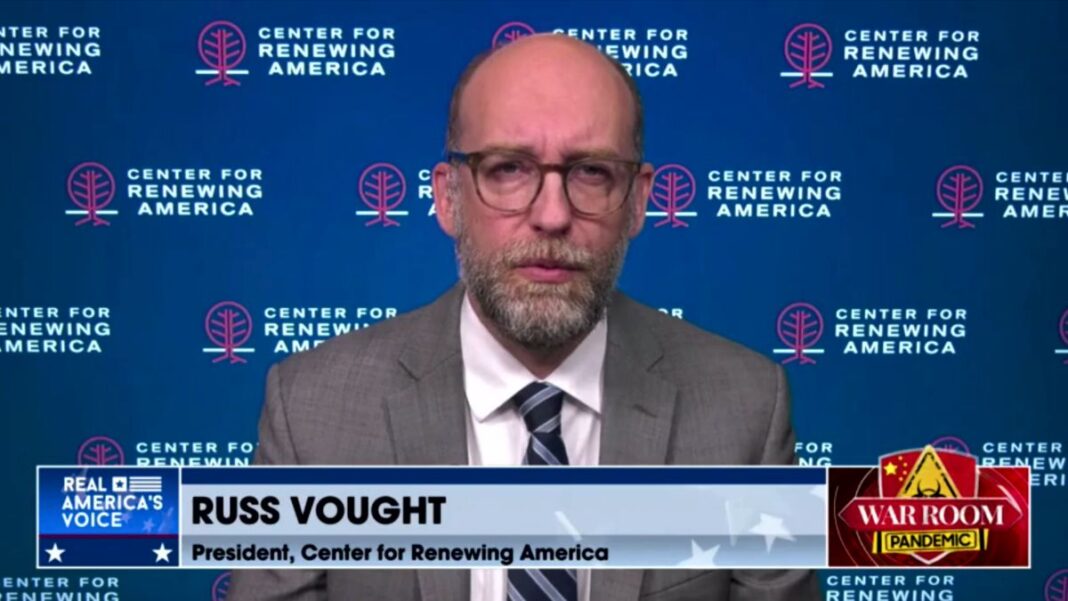U.S. officials have repeatedly stressed that the threat of intellectual property (IP) theft from the communist Chinese regime is one of the most important trade issues facing the country.
But at the root of the problem lies a larger issue, one that is rarely broached in public, according to Evan Anderson, CEO of INVNT/IP, a Strategic News Service initiative.
“The most undiscussed issue that presents a bigger problem that people pretend doesn’t exist is that—by Chinese law—companies cannot refuse to work for the Chinese Communist Party [CCP],” Anderson told The Epoch Times.
It is through these laws that the Chinese regime is effectively able to mobilize the whole of society in its efforts to steal foreign technology and IP, he said.
Anderson, whose 2016 briefing book “Theft Nation” was featured on one of the most-watched investigative segments of “60 Minutes,” said that “five years ago, people didn’t quite believe IP theft was really as bad as it was.”
“Today, it hasn’t improved in any meaningful way.”
Compliance at Home and Abroad
According to Anderson, China’s National Intelligence Law, which was enacted in 2017, is one of the most overlooked reasons for the continuation of the regime’s IP theft. The language of the legislation showcases the far-reaching laws and regulations associated with national security, cyberspace, and law enforcement under Xi Jinping’s leadership.
“The national security laws that have been passed in China actually mean, in writing, that any Chinese citizen, or anyone that’s ethnically Chinese abroad, is technically subservient to their government,” he said.
According to the way the laws are written, he said, “there isn’t necessarily anything Chinese citizens working abroad could do if the [CCP] required them to steal IP.” Coercion, he added, is a key tactic to compel others to commit such an action, as the individual’s life or the lives of his family members could be threatened.
“Article Seven indicates that no citizen or organization can dodge helping the MSS [Ministry of State Security] in whatever way they desire, [and] Article Ten makes that [edict] extraterritorial, so it doesn’t matter where the citizens or organizations are in the world, they still have to do what they are told.”
He added, “These laws put into writing what everyone knew was already true, essentially stating that no individual or company can say no to the Chinese government—and that’s a bad thing because the Chinese government is using this to get access to the data around the world that they want.”
By J.M. Phelps






